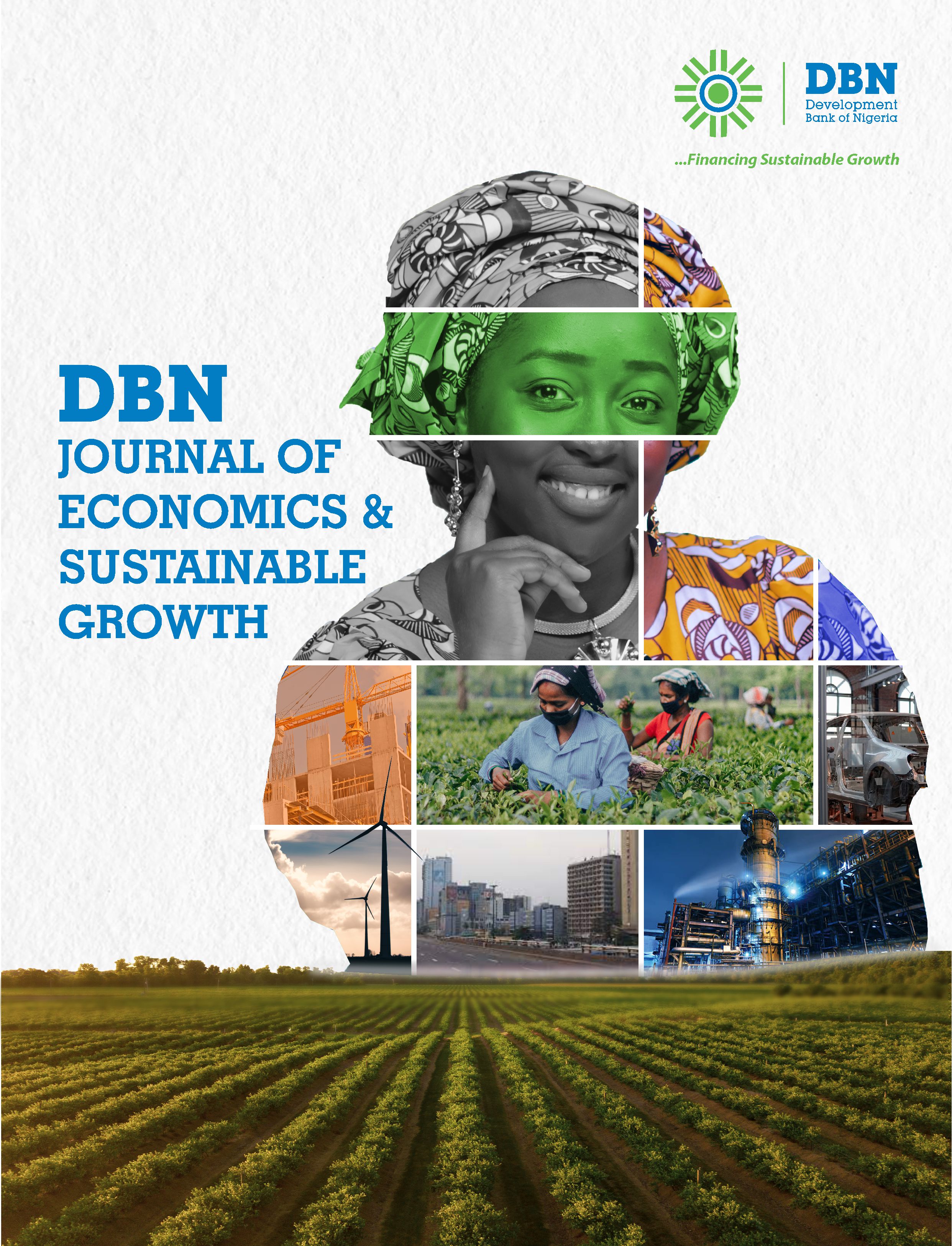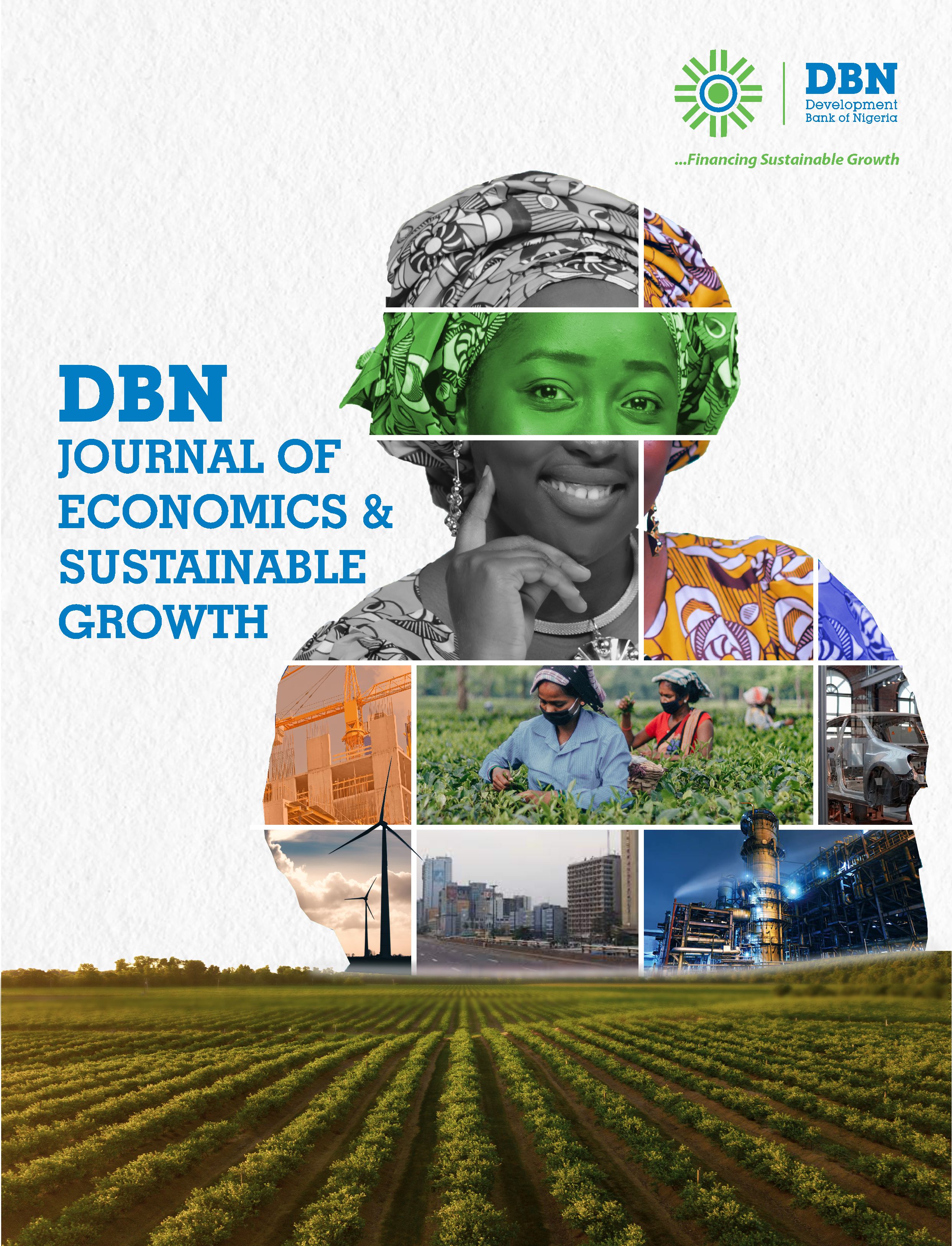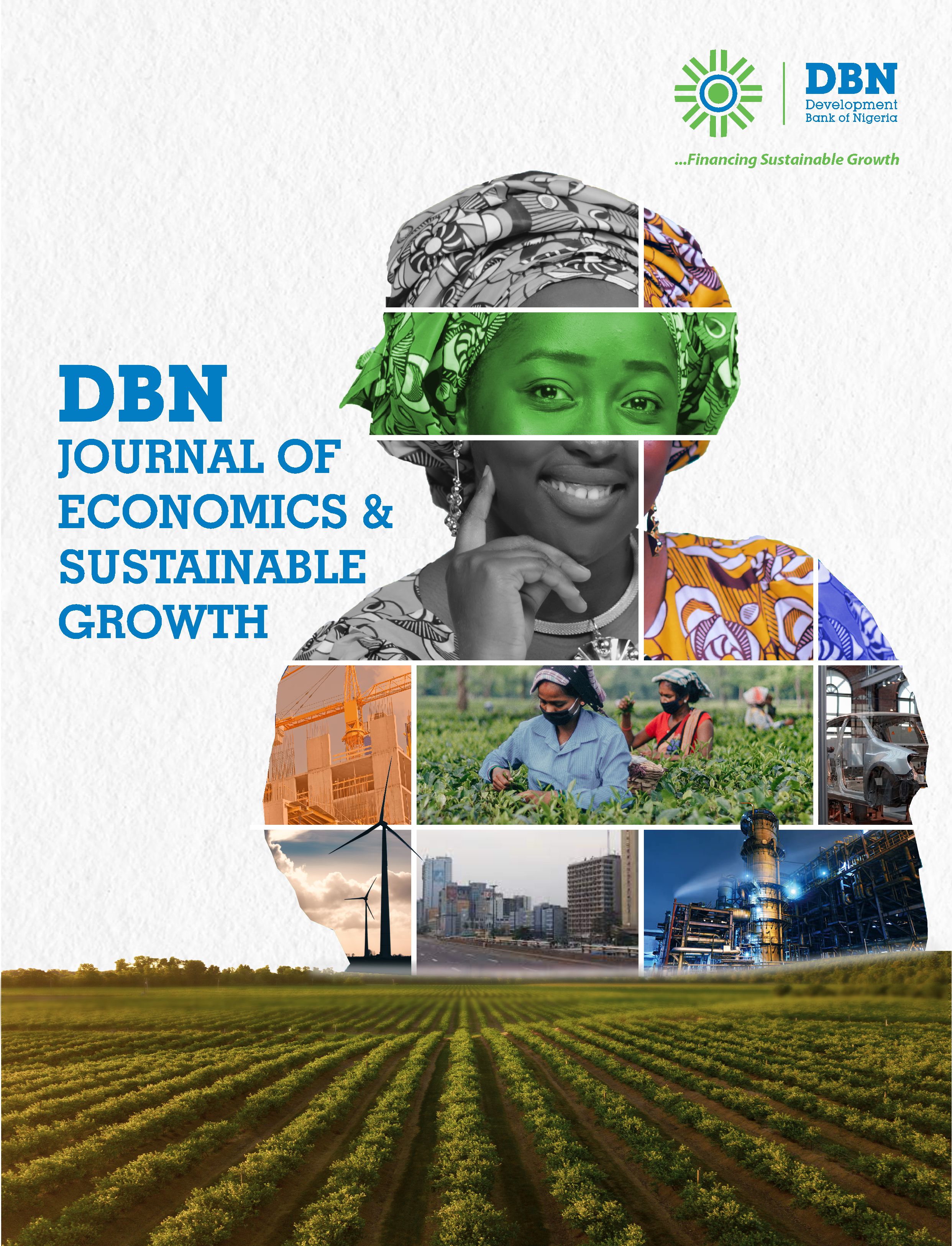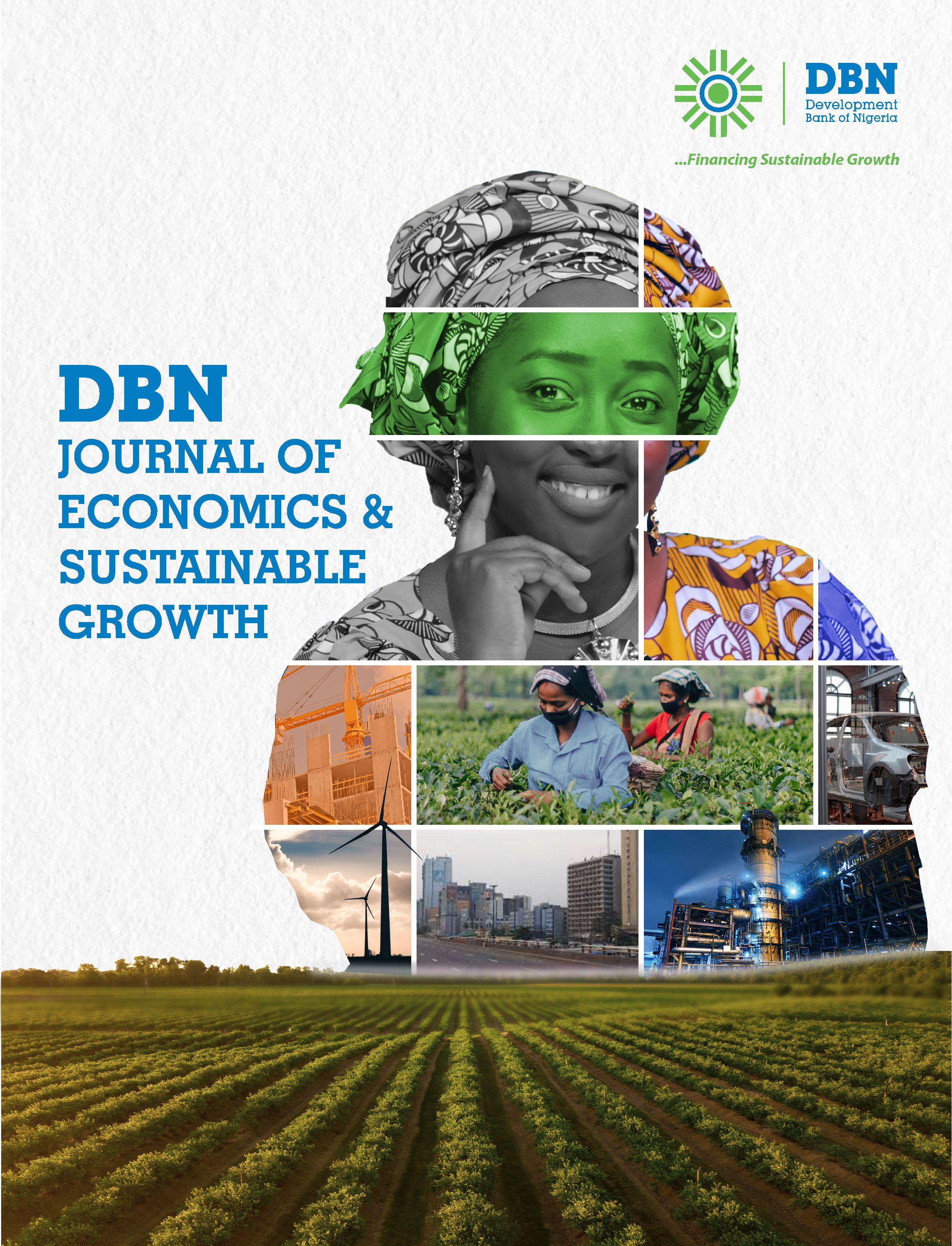
Publication Information
Published by: Admin
Published: 5 months ago
View: 194
Pages: 25
ISBN:
Abstract
This study investigates the inflationary impacts of minimum wage reforms in Nigeria, focusing on headline, core, and food price indices. Drawing on the data from Central Bank of Nigeria (CBN) Statistical Bulletin, the analysis employs the Fully Modified Ordinary Least Squares (FMOLS) techniques, to address potential endogeneity and serial correlation issues commonly associated with price and wage dynamics. The finding indicates that raising the minimum wage exerts significant effect on headline and food inflation in the long run, primarily through the upward transmission of labour costs to consumer prices. Conversely, a contrasting effect was observed in core inflation, where a decline was noted, likely stemming from reduced spending on non-essential goods. Furthermore, the study incorporates key macroeconomic variables including real GDP, oil prices, exchange rates, and monetary policy rates to capture broader determinants of inflation trends in Nigeria. Based on the findings, the study recommends a cautious approach to wage adjustments. While aligning wages with prevailing economic realities is important, policymakers must consider the wider macroeconomic environment to avoid exacerbating inflationary pressures.
Peter C. Achia
Related Publications

VOLUME 7 ISSUE 2 2025
Neobank and Human Development Index Rise: Evidence from Selected African Countries

VOLUME 7 ISSUE 2 2025
On the Nexus Between Terrorism and Tourism in Nigeria: What Role Does Institutional Quality Play?

VOLUME 7 ISSUE 2 2025
Information and Communication Technology Adoption and Illicit Financial Flows in Nigeria
